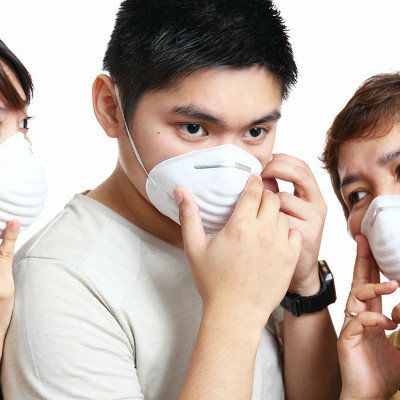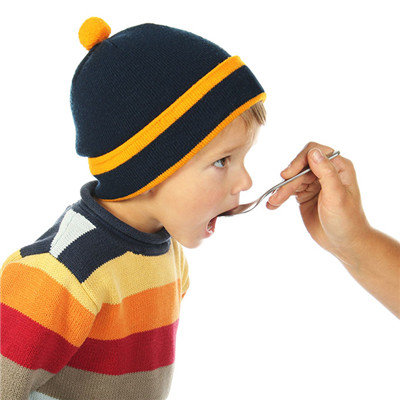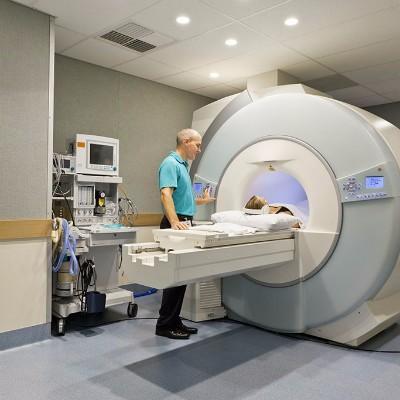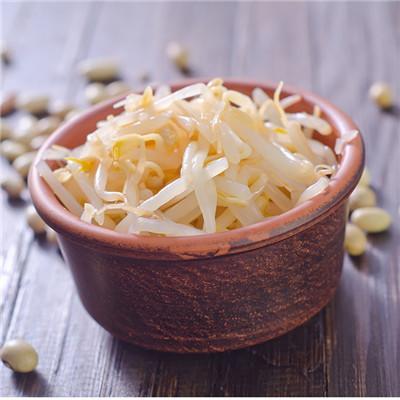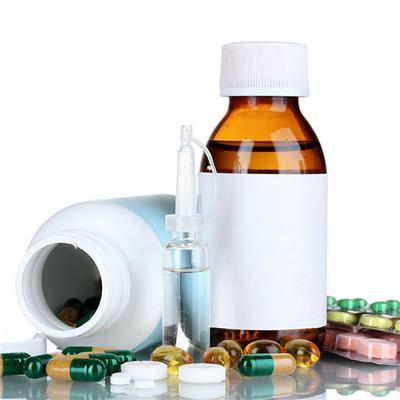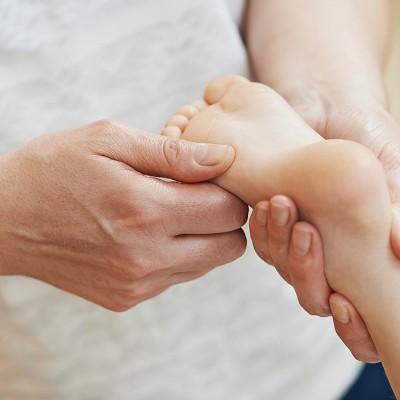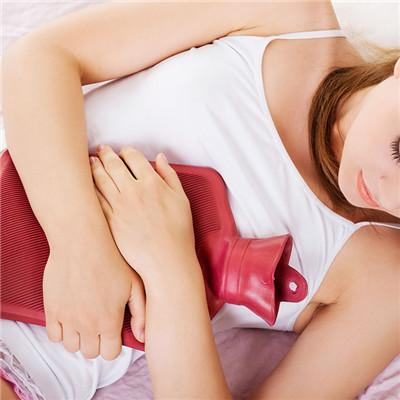Short wave therapy for pelvic inflammatory disease
summary
Chronic pelvic pain is the most common symptom of gynecological patients, about 25% of gynecological outpatients may be related to the diagnosis or treatment of chronic pelvic pain. The etiology of chronic pelvic pain is very complex, which may involve various pelvic systems and organs. The most common gynecological disease related to chronic pelvic pain is endometriosis, with an incidence of 38% - 51%. It can be seen that the incidence of endometriosis is related to pelvic pain. Do you know the short wave treatment of pelvic inflammatory disease? Today, let me share with you the treatment of pelvic inflammatory disease.
Short wave therapy for pelvic inflammatory disease
Treatment 1: physical therapy: warm heat can promote local blood circulation in pelvic cavity, improve tissue nutritional status, improve metabolism, and facilitate absorption and regression of inflammation. Commonly used are short wave, ultrashort wave, microwave, laser, ion penetration, etc.
Treatment 2: Traditional Chinese medicine treatment Most of the chronic pelvic inflammatory disease is damp heat type, and its treatment is mainly heat clearing and dampness removing, blood activating and stasis removing. The prescriptions are as follows: Danshen 18G, Chishao 15g, Muxiang 12g, Taoren 9g, honeysuckle 30g, dandelion 30g, Fuling 12g, Danpi 9g, Shengdi 9g, yanhusuo 9g when the pain is severe. Some patients are of cold coagulation and qi stagnation type, and the treatment is to warm the meridians, disperse cold, promote qi and blood circulation. Guizhi Fuling decoction is commonly used, and Dangdang decoction is used for Qi deficiency Shen15g, Baizhu 9g, Huangqi 15g.
Treatment 3: penicillin or erythromycin combined with aminoglycosides and metronidazole B, clindamycin combined with aminoglycosides C, second-generation cephalosporins or drugs equivalent to second-generation cephalosporins and third-generation cephalosporins or drugs equivalent to third-generation cephalosporins.
matters needing attention
Improper sexual intercourse is also an important cause of pelvic inflammatory disease. If sexual love is too frequent, local cleaning is ignored before sexual intercourse, and urination or cleaning is not timely after repeated sexual intercourse, even during menstrual sex, these bad habits will lead to bacteria brought into the vagina from the outside, destroy the balance of normal flora in the vagina, cause rapid growth and reproduction of bacteria, and cause bacteria to infect the pelvis and cause pelvic inflammatory disease.
